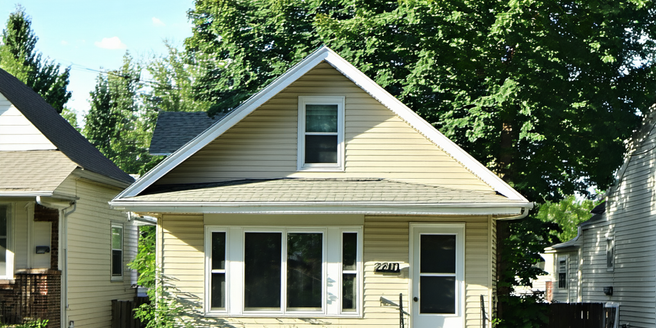Budget Properties In Cities

Understanding the Criteria for Budget Properties
When determining what constitutes a budget property, several criteria come into play. Primarily, the cost per square foot is a significant factor, often guiding buyers on price efficiency. Additionally, location impacts property value; proximity to transportation, amenities, and schools can alter the desirability and thus the price. Budget properties may also feature older construction, possibly requiring renovations, which should be factored into the purchasing decision. Understanding tax rates and community fees also play crucial roles in assessing a property’s affordability. Buyers must evaluate whether the initial low costs are due to temporary market trends or if they result from long-term economic factors. Finally, assessing neighborhood safety, property history, and market potential can aid in making informed decisions about budget properties.
Top Cities with Affordable Housing Options
When seeking affordable housing, prospective buyers should consider cities known for lower living costs without sacrificing quality of life. Cities like Boise, Idaho, and Albuquerque, New Mexico, offer appealing real estate markets, where housing costs are below the national average. Similarly, Detroit, Michigan, and Memphis, Tennessee, provide urban living at reduced costs, with potential for property value appreciation. Mid-sized cities often strike a balance between affordability and amenities, drawing new residents searching for both cost efficiency and lifestyle quality. Focusing on regions with expanding job markets yet lower housing demand can yield excellent opportunities. Areas undergoing economic revitalization projects may also present affordable housing options with growth potential. Researching local markets can reveal cities where affordability meets opportunity.
Tips for Finding Cheap Properties in Urban Areas
Finding affordable properties in urban settings requires strategic research and flexibility. Start by targeting emerging neighborhoods where prices haven’t yet peaked but show signs of development. Utilize online platforms to monitor listings and pricing trends. Working with a local real estate agent familiar with various districts can provide insider knowledge on hidden gems. Attending open houses can reveal potential bargains before they’re widely known. Consider properties that require minor renovations, as they might be priced lower yet hold greater value potential. Maintaining a list of criteria can prevent compromise on essential features. Flexibility in property type and willingness to negotiate can also aid in finding deals. Staying informed about municipal expansion projects can also identify areas likely to increase in value.
Comparing Property Prices Across Major Cities
Property prices vary significantly across major cities due to factors like economic growth, population density, and regional demand. Metropolises such as New York City or San Francisco are known for high property costs, driven by limited space and high demand. In contrast, cities like Houston or Phoenix offer more reasonable pricing, attributed to expansive urban development and lower density. It’s crucial to consider both the sticker price and long-term value when comparing these markets. While high-demand cities yield higher rental income, they might also require larger initial investments. Conversely, more affordable cities may offer value growth over time, providing a lower entry barrier with steady appreciation. Buyers should weigh location desirability, market trends, and future development plans when evaluating property prices in different cities.
Long-term Benefits of Investing in Budget Properties
Investing in budget properties offers several long-term advantages, particularly to first-time investors or those with limited capital. One significant benefit is the potential for high yield returns as rental demand continues to rise, especially in growing regions. Lower initial costs mean less financial risk, making it ideal for diversifying investment portfolios without heavy monetary commitment. Additionally, budget properties may appreciate over time, particularly in markets that are beginning to gain traction economically. They also present opportunities to increase value through cost-effective renovations or repurposing. Moreover, by focusing on economically revitalizing areas, investors can benefit from community development projects that enhance property desirability. Such investments can act as stepping stones to more significant real estate ventures, providing a solid foundation for future growth in the property market.